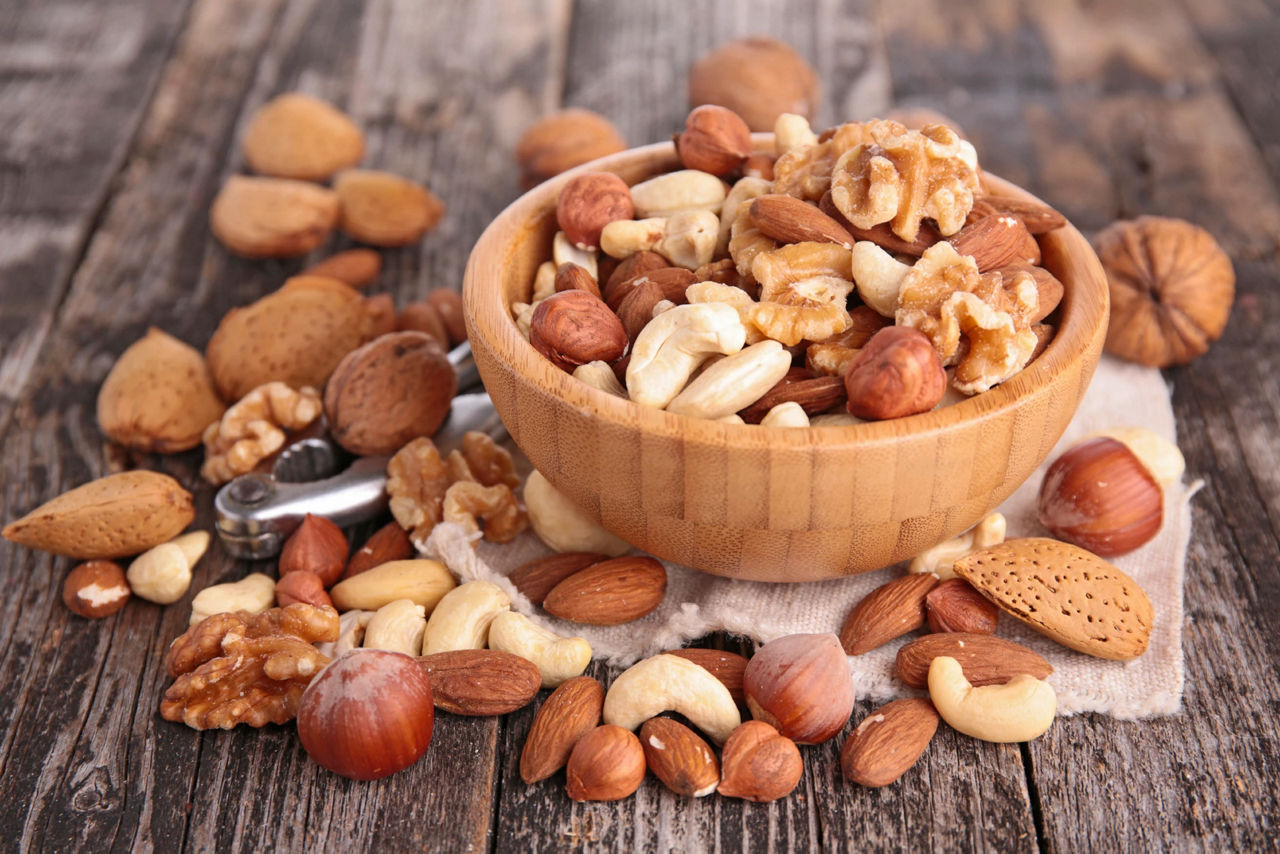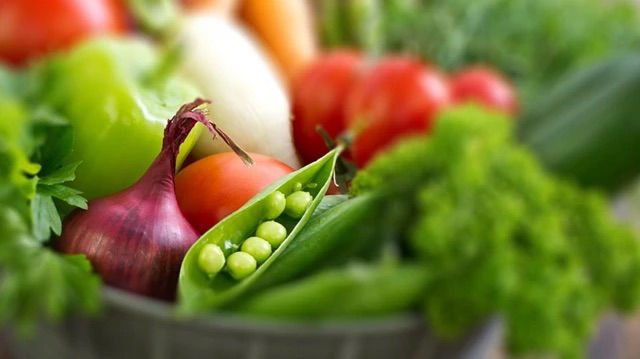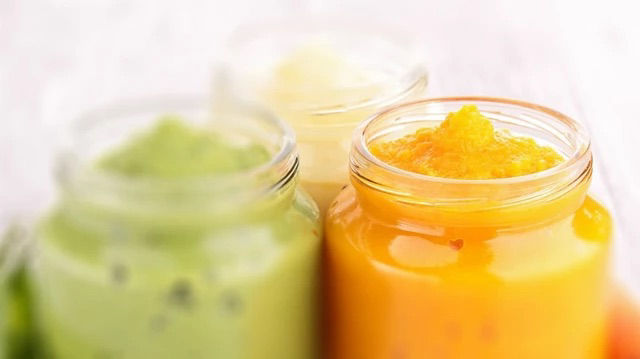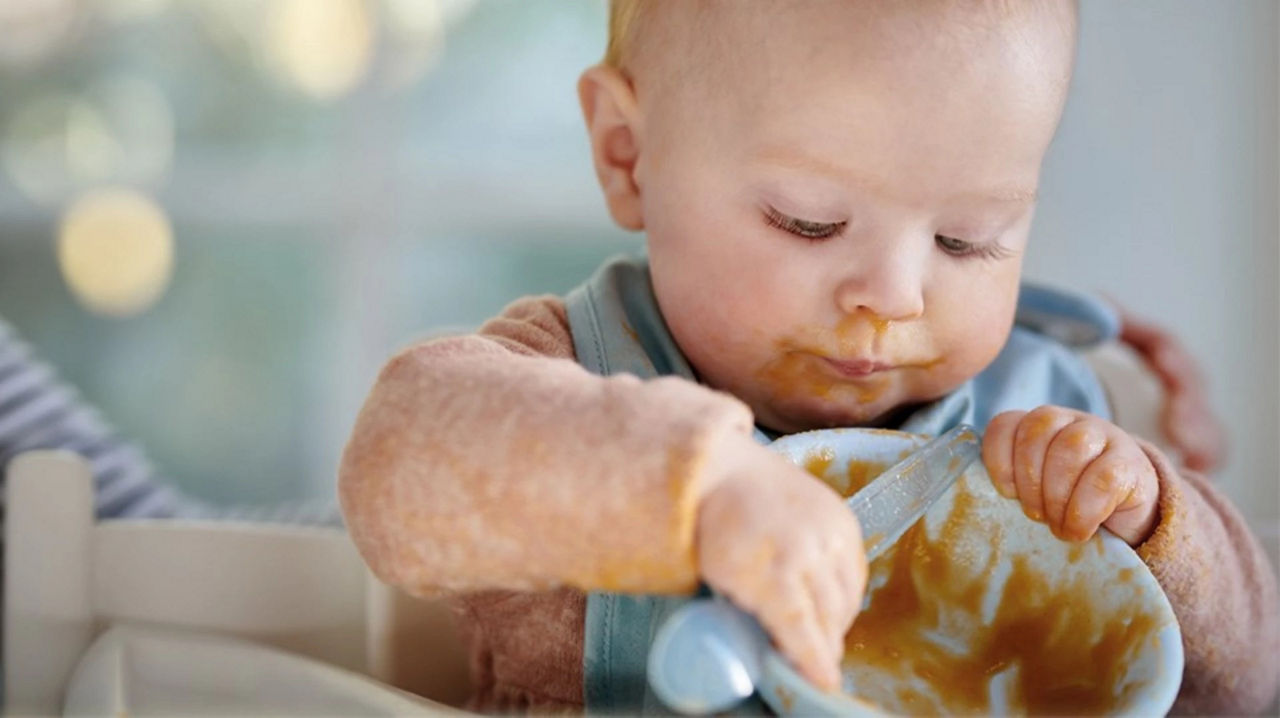Off the menu
Leave whole nuts, honey and sugar until later
It's important to introduce your baby to a wide variety of foods during weaning. There are some foods, however, that aren’t suitable until your baby is over 12 months old, and should be avoided during the weaning stage of their development.







